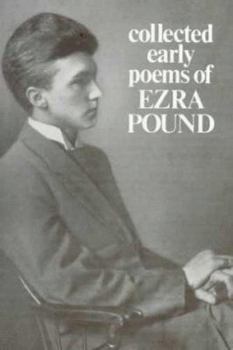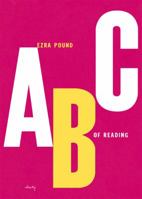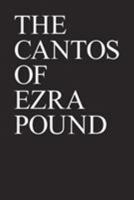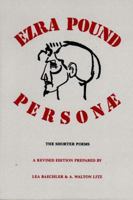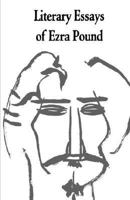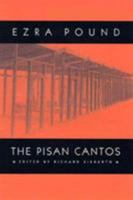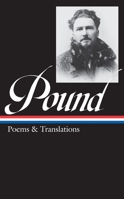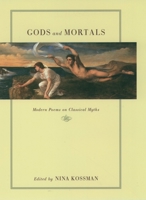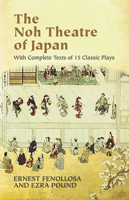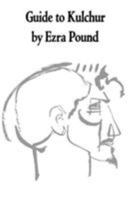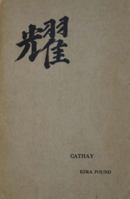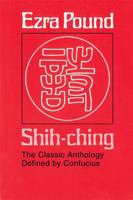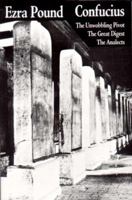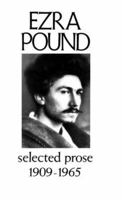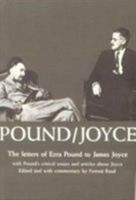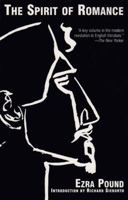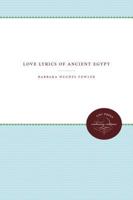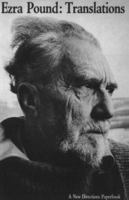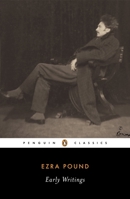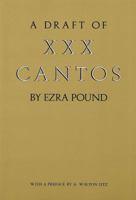Collected Early Poems of Ezra Pound
Select Format
Select Condition 
Book Overview
Customer Reviews
Rated 5 starsPound's finest verse
Pound's forays into the realm of the past, evinced by his interest in the Provencal trouvéres and the ancient Chinese and Japanese poets (whose works he rendered into English from notes made by the Sinologist Ernest Fenollosa) formed the basis of his early poetic enterprise. In terms of style, these early poems display a rarely paralleled originality, in combination with reserves of hermetic knowledge. This collection, which...
1Report
Rated 5 starsPound's first poems in edition
"The Collected Early Poems of Ezra Pound" is mostly a book for people who had already read Personae - the 1926 edition of Pound's standard collection of his own minor poems - or are interested in the former career of Pound. These will be pleased to find the famous poems (e.g. "Redondillas") which they only knew by name and references, as well as famous books here collected for the first time (especially 1908's "A Lume...
0Report










